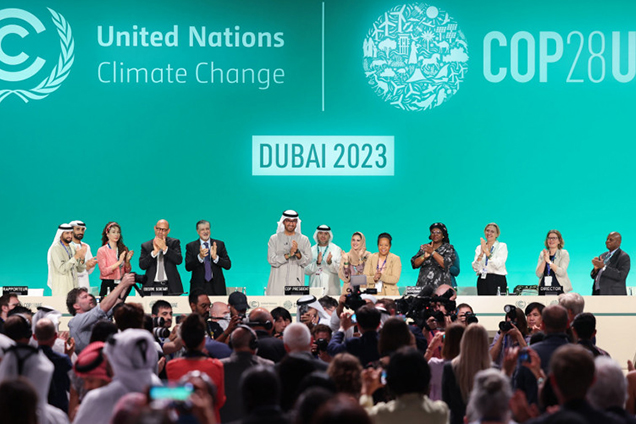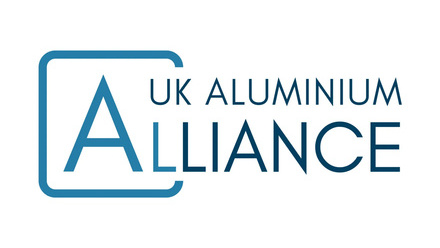Reducing energy demand could save business $2trln
The World Economic Forum identifies actions for business to reduce their energy demand in the next six years.

Business measures to reduce energy demand intensity could save at least $2trln if taken by 2030, says the World Economic Forum's (WEF) Transforming Energy Demand initiative.
The research is in collaboration with PwC and supported by more than 120 global CEOs who are members of the WEF's International Business Council, representing 3% of global energy use.
At COP28, governments pledged to triple the world's renewable energy capacity and double the rate of energy efficiency improvement by 2030.
Th WEF says this means countries will need to cut their energy intensity at least twice as fast between now and 2030 as the previous years.
Practical actions business can take are highlighted by the Transforming Energy Demand report.
Examples include energy-saving measures such as using artificial intelligence to optimise factory line design, energy efficiency, value chain collaboration, industrial clustering to share clean energy initiatives, retrofitting buildings and electrification of transport
The report claims that a short-term, cost-efficient 31% reduction of demand is possible, shared across all economic sectors. It estimates that no new technology is needed and these actions could avoid constructing 3,000 extra power stations.







